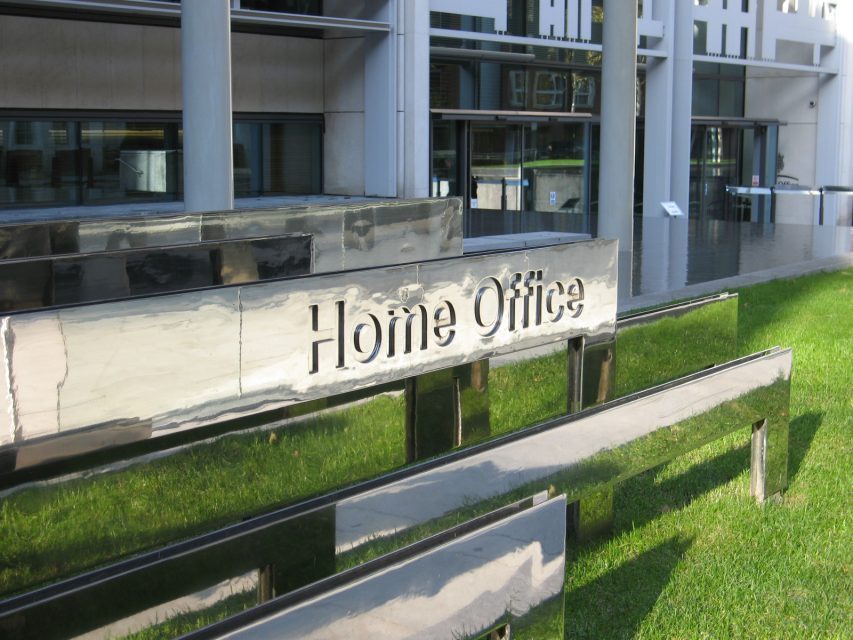A survey of UK public-sector sustainability professionals has revealed that a combination of financial pressures and the lack of clear long-term strategies is slowing the adoption of efficiency-boosting smart technologies.
The research found that while 87% of respondents had begun to embrace smart technologies to improve the performance of their buildings’ lighting, heating or water and waste systems, budget constraints and an inability to plan effectively were hampering progress.
Sponsors the Carbon Trust and GE Lighting said the result was that public-sector estates often suffered from a “lock-in effect” that left them stuck with old, inefficient equipment that was more expensive to run over its lifespan.
Sustainability professionals from councils, NHS bodies, housing associations, emergency services, universities and central government were quizzed at this year’s Carbon Trust Public Sector Conference for the research.
Sixty-four percent cited the availability of funds as the biggest barrier to the implementation of smart technologies in their organisation, despite the existence of self-financing models and concessional finance options.
The lack of an agreed long-term strategic plan for energy efficiency or a model for technology-adoption was cited as a key barrier to the greater roll-out of intelligent technologies by 34% of survey respondents.
A lack of procurement know-how and capacity was cited by 30% of respondents, while the “implementation risk” of moving away from existing technology was said to be a barrier by 22%.
Tim Pryce, head of public sector at the Carbon Trust, said public-sector sustainability professionals needed a mix of financial, procurement and project-management skills to design and implement investable projects to capitalise on the kind of paybacks smart-technologies could offer.
“This will help public bodies to build the business case for investing in technologies and equipment that can deliver real efficiency and carbon savings,” he said.
Agostino Renna, president and chief executive officer of GE Lighting EMEA, said the survey findings underscored that technology itself was no-longer “the key barrier” for the adoption of smart technologies, with the real issues being procurement and skills.



